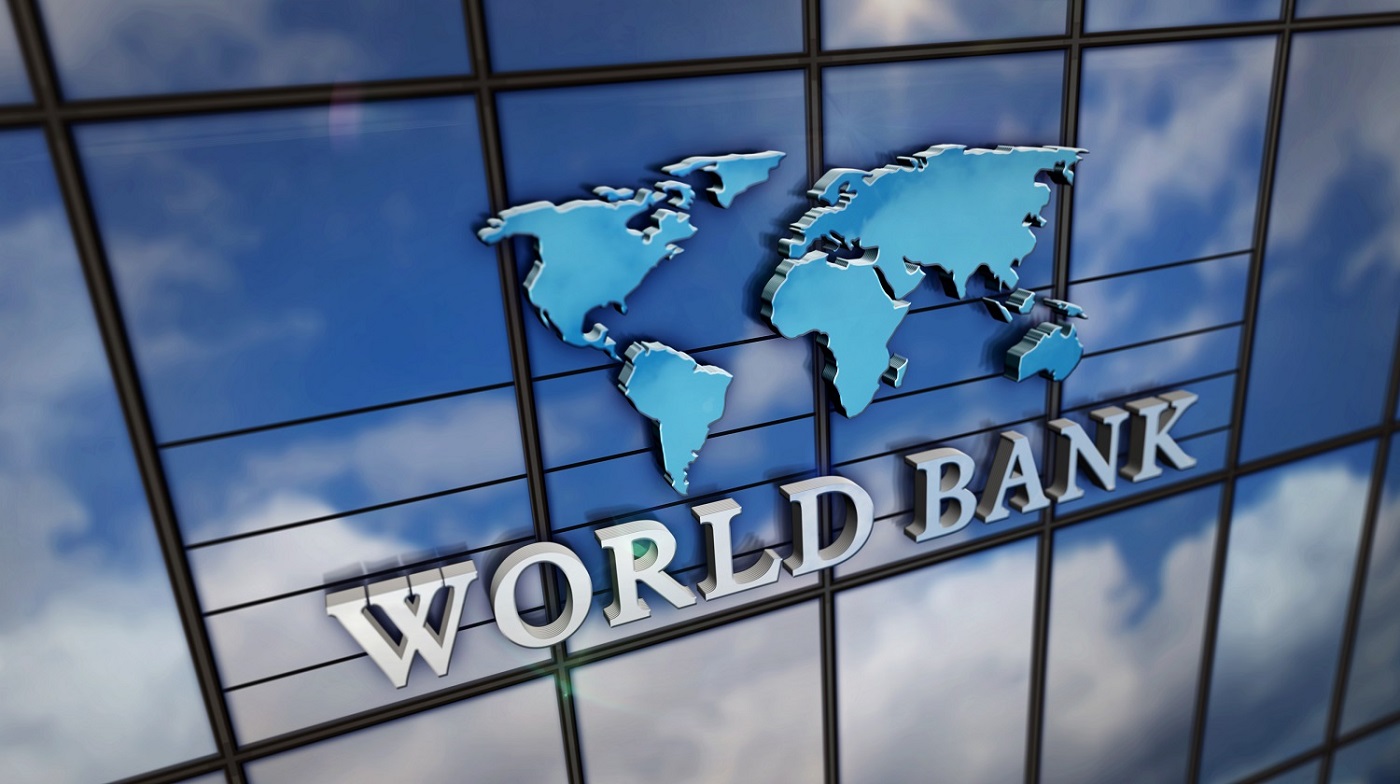
World Bank
At a meeting of the G20 finance ministers on Tuesday in India, the new head of the World Bank warned that widening disparities between developed and developing countries run the risk of worsening poverty.
The coronavirus epidemic and its effects, which increased the price of commodities and fuel globally, are still having an impact on a lot of nations.
Meanwhile, some of the poorest nations are being hit the hardest by climate change and are least prepared to deal with it.
Ajay Banga, president of the World Bank, expressed his concern that a lack of advancement could split the global economy, harming the world’s poorest people.
“The thing that keeps me up at night is a mistrust that is quietly pulling the Global North and South apart at a time when we need to be uniting,” Banga said during the two-day gathering of finance ministers and central bank governors in Gandhinagar, Gujarat state.
“It is reasonable to be frustrated by the Global South. They are in many respects bearing the cost of our wealth, according to Indian-born American citizen Banga, who accepted the bank position last month after US President Joe Biden recommended him.
“At a time when they should be rising, they’re worried that promised funds will be used for Ukraine’s reconstruction instead, they think energy regulations aren’t applied fairly, which limits ambition, and they’re afraid that poverty will bring down another generation,” the article states.
In order to promote growth and jobs, the World Bank said it is trying to improve its financial capacity, including by raising hybrid capital from shareholders. However, it said that the future of the economy cannot rely on growth at the expense of the environment.
We cannot withstand yet another period of emission-intensive expansion, World Bank Chief Banga declared.
The gathering’s chair and host, Indian Finance Minister Nirmala Sitharaman, emphasized to leaders their duty to “steer the global economy towards strong, sustainable, balanced and inclusive growth” as she opened discussions on Monday.
The World Bank and other regional institutions, according to the United States, might be reformed to release $200 billion over the following ten years.
Debt reduction has been slow–
The Group of 20 big economies has prioritized debt restructuring agreements for low-income countries, but authorities claim little progress has been made.
China, the second-largest economy in the world and a significant lender to numerous struggling, low-income nations in Asia and Africa, has so far opposed any universal debt restructuring plan, according to authorities.
According to US Treasury Secretary Janet Yellen, more than half of all low-income nations are at risk of or already in debt distress, which is an increase from 2015.
On Sunday, Yellen stated that a debt settlement for Zambia had taken “too long to negotiate,” but she also expressed her hope that debt settlements for Ghana and Sri Lanka might be “finalized quickly.”
India and China’s finance ministers met early on Tuesday without making any comments to reporters despite being neighbors and rivals in the area.
The reform of multilateral development banks, cryptocurrency laws, and improved access to financing to lessen the effects of climate change have also been major topics of discussion during the G20 summit.
Also scheduled for delivery is a recently agreed first step on a fairer division of tax income from multinational corporations, which 138 countries concluded last week.
Even though they only conduct a small portion of their operations abroad, multinationals, particularly tech companies, are already able to move earnings to nations with low tax rates with ease.
Source- NDTV





